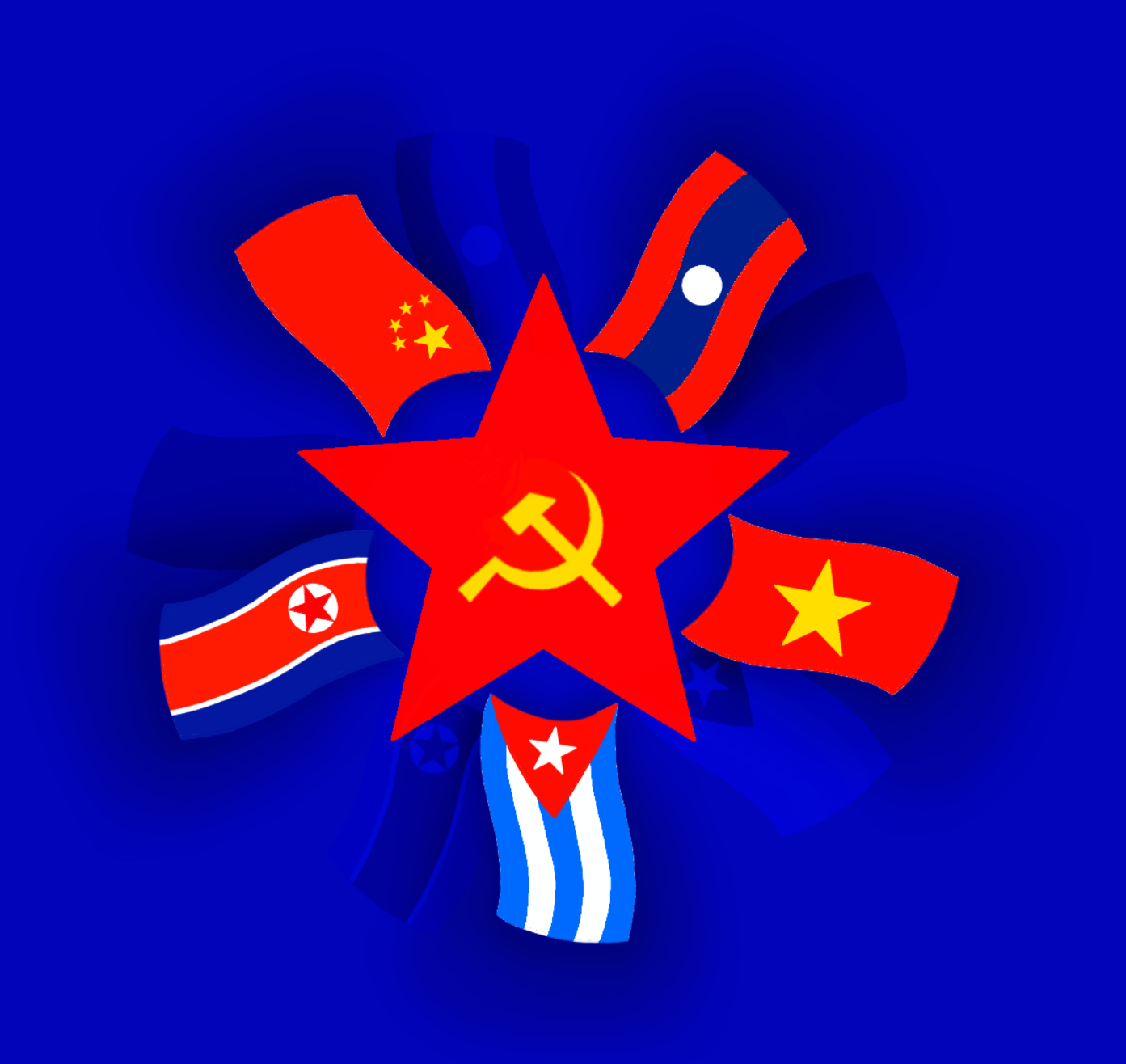As a kid my Dad really warped my perspective on Hippies. He was born in the 60s and loved the music of the 60s and 70s and he’s very Liberal. At first I used to think Hippies were the best people that humanity could ever bring forth: Peace-loving folks who love everyone and believe in preserving nature. And I still appreciate a lot of that sentiment, especially protesting the Vietnam War, but as I became a Marxist I became sorta disillusioned with the Hippie’s dedication to non-violence and how their “free love” was often used as an excuse to be a sex-pest drug-addled parasite who refuses to work. I don’t like Forrest Gump’s portrayal of Hippies exactly, it was written by a right winger, they aren’t all assholes and they usually don’t beat women for sure. Nowadays I can respect their anti-war sentiments and their pro-nature stances but so much of being a hippy seems to be a misunderstanding of what gets shit done. Also some Hippie music is great but FUCK jam bands, nobody’s trying to hear a song that’s as long as a full album and just repeats over and over again with slight variations. That’s all I have to say about Hippies, what are your thoughts?


Putting them in their historical context might help. The 60s were a time of social upheaval in the US, with the BPP (and its sibling the White Panther Party), anti-war movement, AIM, Young Lords and a lot of trade unions and other groups all stacked on one side against the KKK, CIA, COINTELPRO, HCUA, Indian Termination and both parties, as well as the general climate of a possible world ending war anytime now, including the Turkish Missile Crisis. There were also coups happening all over the US international holdings as part of the red scare, though I’m not sure if Yankees ever heard about those.
This also manifested in the music of the time, with disco, rap, hip-hop and jazz flourishing, as well as some genres that didn’t survive as well like punk, folk and psychedelic rock. The time of both Dead Kennedy’s and Yoko Ono’s participation in The Beatles.
It was also the time of what’s called the “sexual revolution,” caused partly by the sudden increase in the access to contraception such as latex condoms and birth control pills, in which both men and women (but specially women) could now date and have sexual relationships outside of marriage with less of the biological constraint of pregnancy, while pushing back at the US’s weird social views on sexuality.
So putting those into that historical perspective, I see the “Hippies” as a particularly white, “libertarian” and idealist “movement,” surrounded by much stronger and more motivated forces. There were lots of people that might be called that who actually stood up for something, for example the riot at the 1968 DNC, but as usual the ones we get to hear the most about in the media are the overly arrogant pacifist drug addicts. There are better lines one can draw the other user pointed out about the Yippies, but I’m just reinforcing how very important it is to demystify this very turbulent and fascinating period of Yankee history.
Often the propaganda is so deeply rooted that you might as well just throw out your entire understanding of history and start over. And in the case of the “Hippies,” they serve as the “pathetic and degenerate” side of the eternal fascist equations of “all-powerful and destructive but also pathetic and degenerate,” while the non-white groups served as the other side. Meanwhile both got regularly infiltrated by informants and wreckers, making sure to single out and eliminate all effective leaders that got a hold, like Seale, Hampton, Peltier, and to a lesser extent Hayden.
There was also a lot of overlap and (dare I say it) contraditcion between all of those aforementioned groups. Some “Hippies” destroyed military research facilities with arson and explosives (Sterling Hall), BPP members generally were also part of the broader anti-war movement, AIM is often forgotten despite being the most dedicated fighters in all of these causes. I’m no US specialist, so if you are a Statesian, I’d really recommend you doing your own deeper research on those times as I think they’re possibly the closest the US got to an actual revolution.
im curious where you heard that the dead kennedy’s were making music in the 60s
whoops, my bad! Somehow I got that one mixed around lol.
all good haha, was just confused